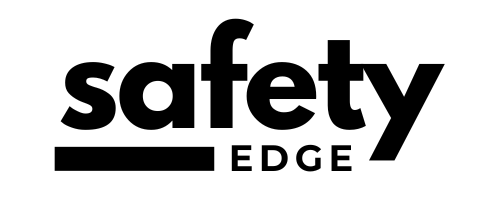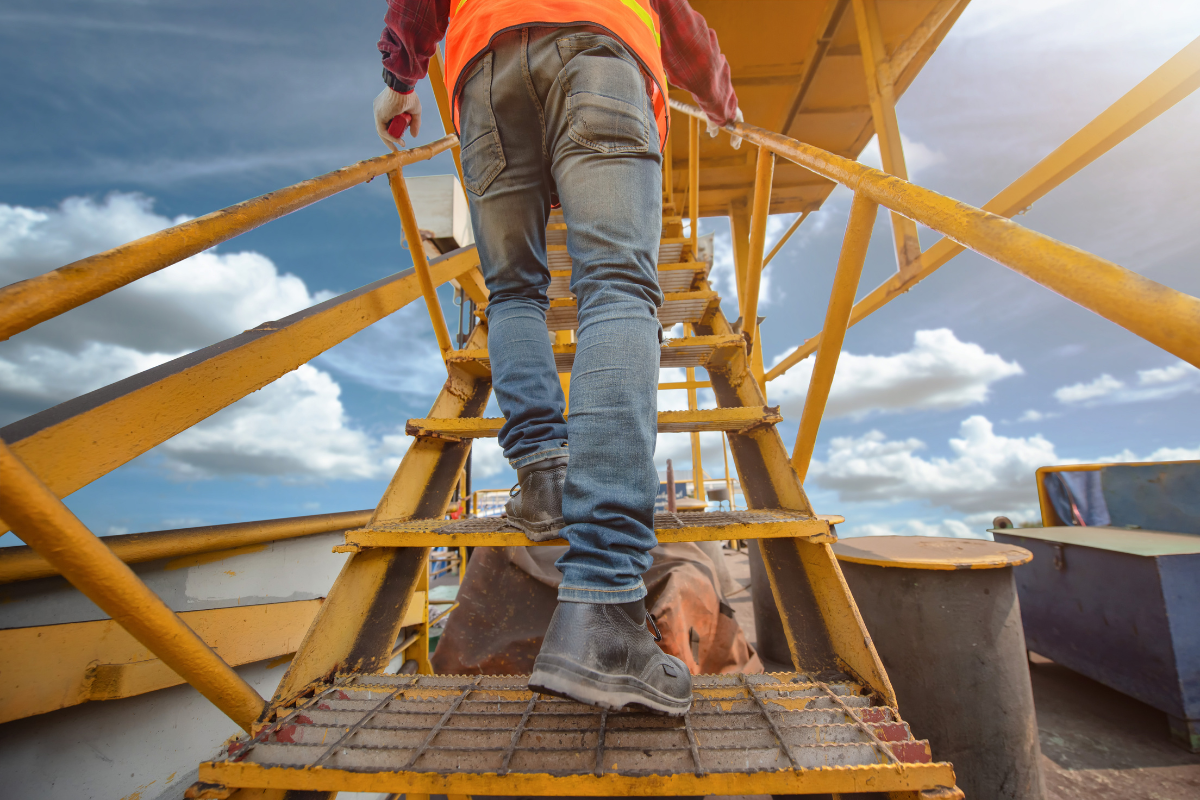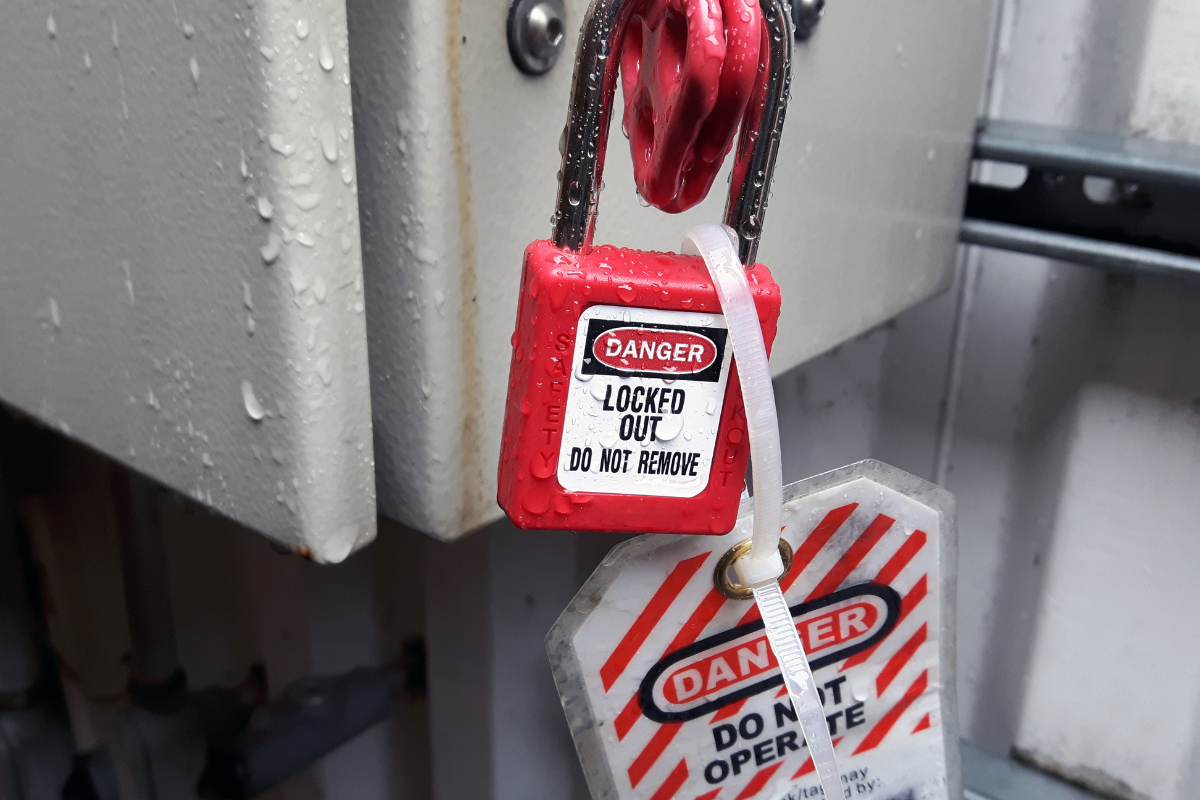Preventing Workplace Slips, Trips, and Falls
Slips, trips, and falls are a significant safety concern, causing nearly one-third of all workplace injuries. These incidents don’t discriminate – they can affect anyone, regardless of their role or experience level. However, with vigilance and proper precautions, most of these accidents can be avoided.
Recognizing the Risks
A variety of conditions can lead to a slip, trip, or fall:
- Slippery Surfaces: Wet, oily, or icy conditions are common culprits.
- Uneven Surfaces: Be mindful of irregularities like potholes or cracks.
- Obstructions: Keep walkways clear of debris and obstructions.
- Visibility: Ensure areas are adequately lit to spot potential hazards.
- Tripping Hazards: Manage loose wires and cords to prevent trips.
- Footwear: Choose shoes with appropriate traction for your environment.
Consequences of Slips, Trips, and Falls
The impact of these incidents can range from minor injuries to more severe outcomes, including:
- Bruises, cuts, and sprains
- Fractures and broken bones
- Head and spinal cord injuries
- Fatalities in extreme cases
Proactive Prevention
Maintaining a safe environment is a collective responsibility. Here are key practices to prevent these common accidents:
- Promptly address spills and repair damaged flooring.
- Regularly inspect for and remove any walkway obstructions.
- Install sufficient lighting in all work areas.
- Secure cords and cables out of pathways.
- Encourage the use of appropriate footwear for the job.
In Case of an Accident
If a fall is inevitable, protect yourself by curling into a roll. Should an accident occur, seek immediate assistance and report the incident to ensure proper care and follow-up.
Together, We Can Make a Difference
By staying alert and following these guidelines, we can significantly reduce the risk of slips, trips, and falls at our workplace. Let’s commit to these practices and ensure a safer environment for all employees.



